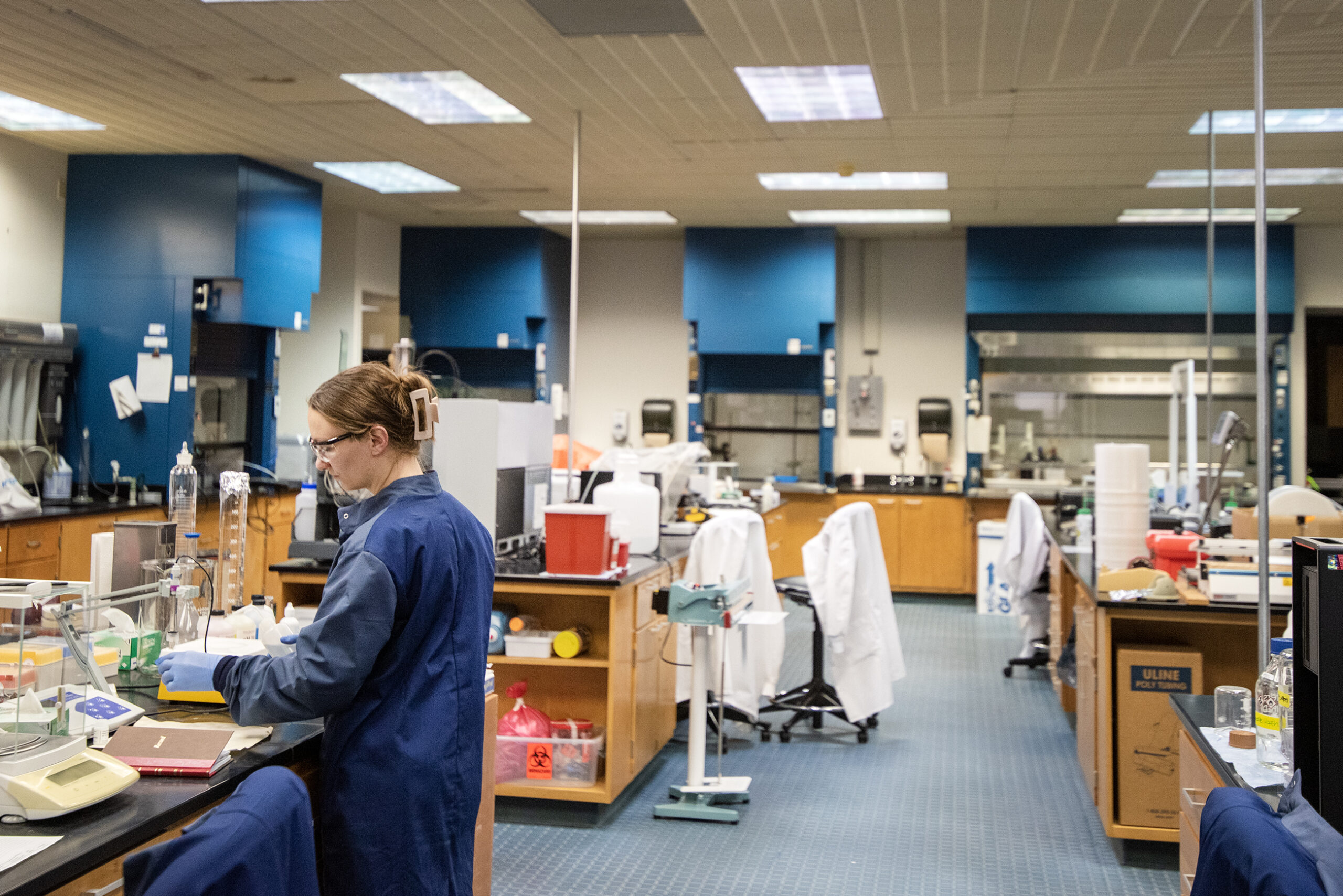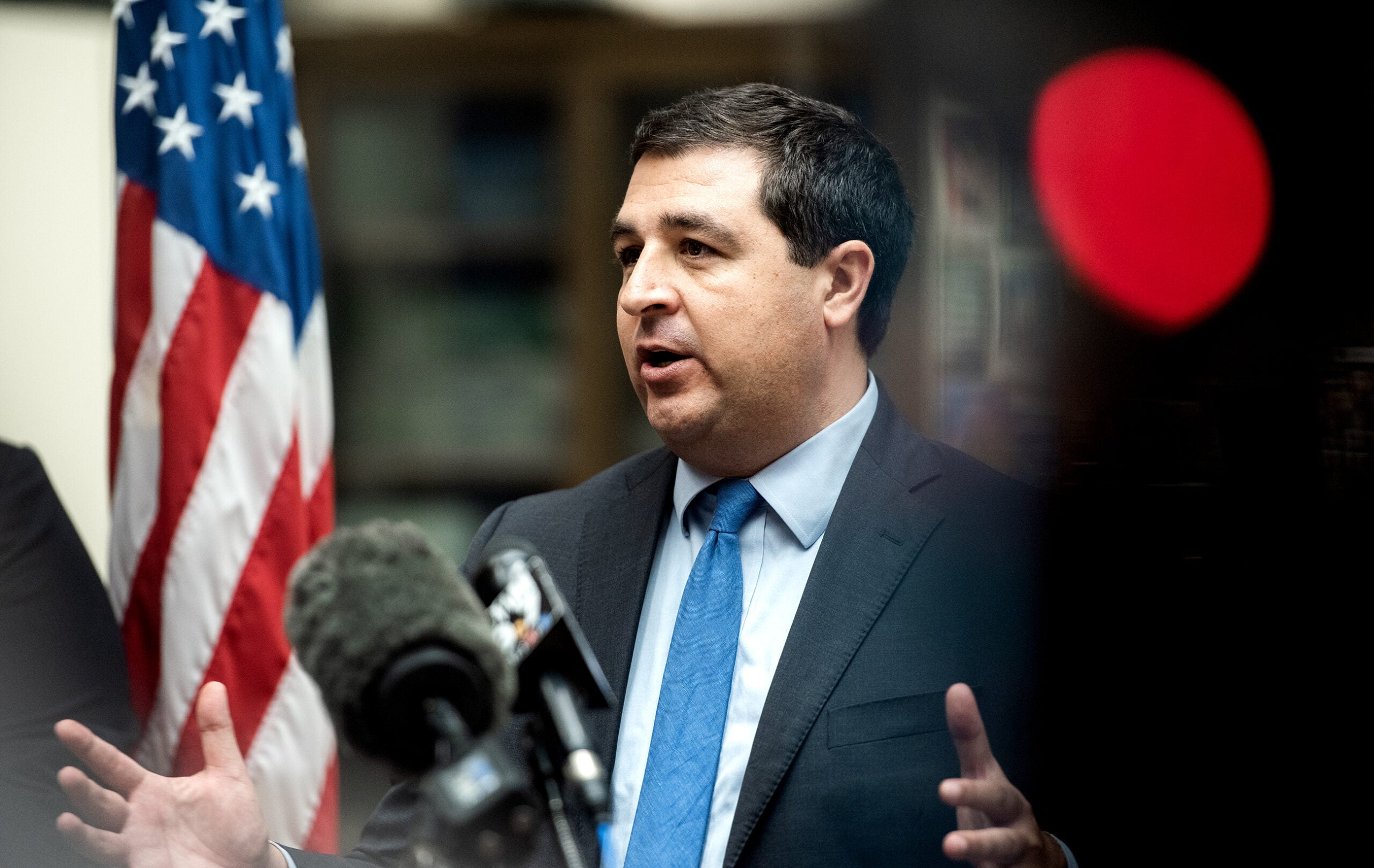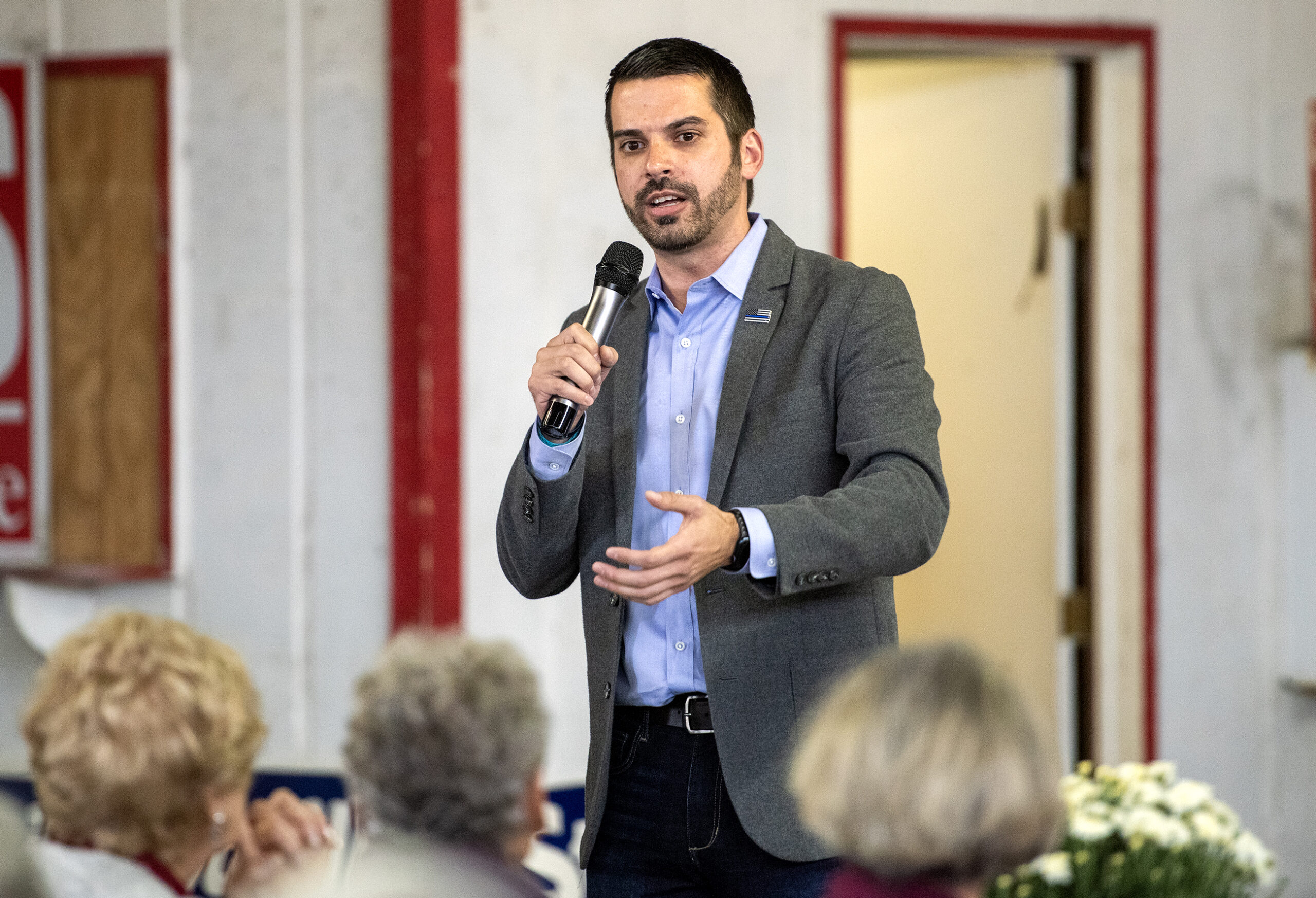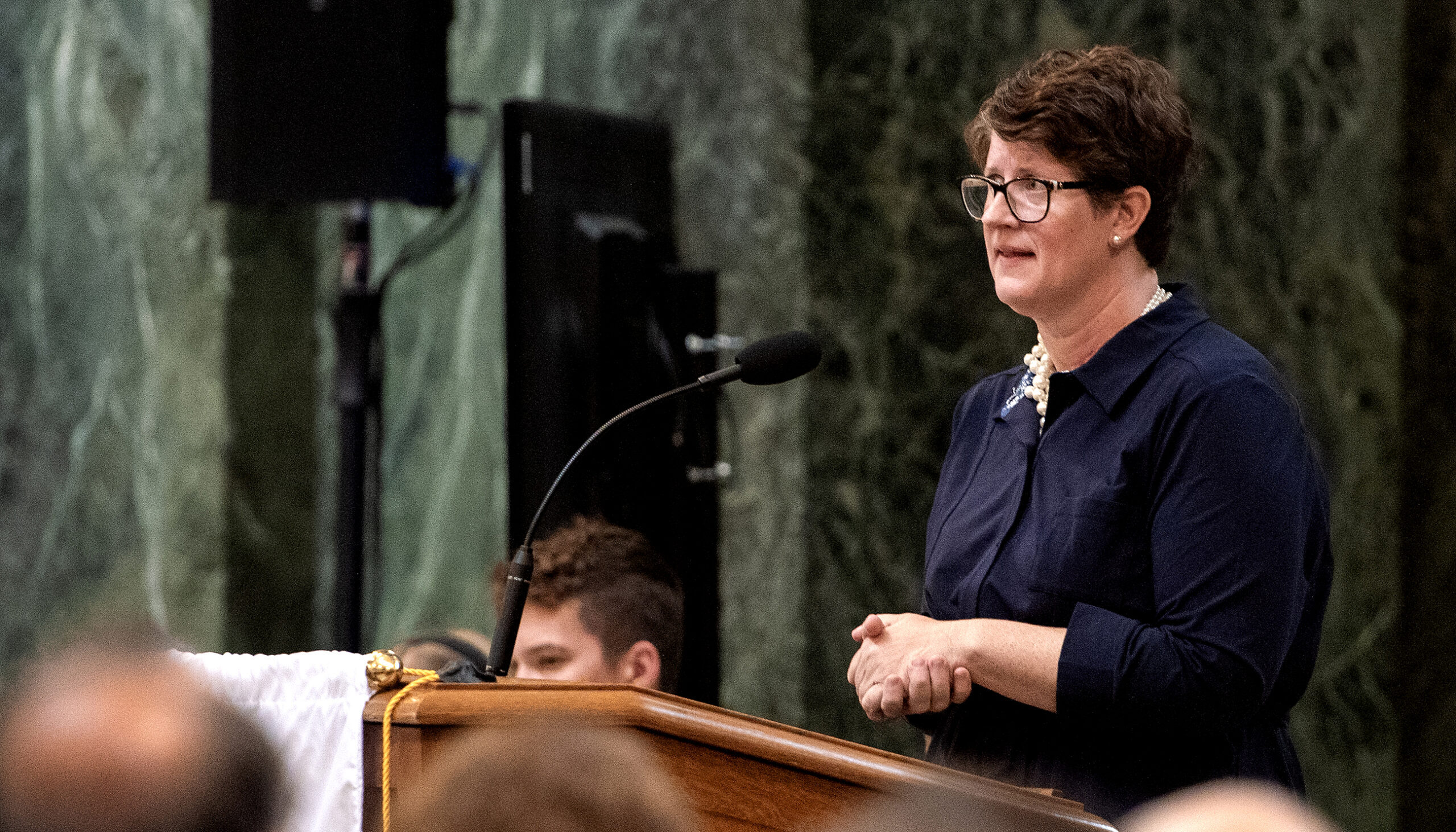An audit of Wisconsin’s crime labs recommends the state Department of Justice do more to ensure timely analysis of evidence in criminal cases.
The report from the nonpartisan Legislative Audit Bureau shows average turnaround time for completing analyses increased from 39 days in the 2019-20 fiscal year to 58 days in the 2022-23 fiscal year — an increase of 48.7 percent.
That’s despite requests for testing being down 13 percent.
News with a little more humanity
WPR’s “Wisconsin Today” newsletter keeps you connected to the state you love without feeling overwhelmed. No paywall. No agenda. No corporate filter.
The report recommends the DOJ hire more forensic toxicologists, set productivity standards for analysts and improve how information is tracked and reported.
“If you look at the totality of this analysis, the suggestions that are made are quite mild and minor,” Attorney General Josh Kaul said.
“And to me that shows that the labs are working efficiently and that they’re highly effective. As we’ve pointed out over and over again, what we need is the legislature to make the investments in the labs,” he said.
A new law taking effect July 1 requires sexual assault kits to be processed within six months. However, auditors found that of the 146 kits sent to private labs that then required further DOJ analysis, almost all took longer than six months, with a median processing time of 292 days.
“This audit raises serious concerns about whether the DOJ can meet the new legal standards,” said Sen. Eric Wimberger, a Republican from Green Bay and co-chair of the legislature’s joint audit committee.
Kaul said he is “very confident the DOJ will fulfill our obligations” on sexual assault kits. He said his administration led the charge to ensure those kits were tested after years of backlog.
The LAB conducted a survey in January that showed 45 percent of stakeholders in criminal proceedings were satisfied with the pace of analyzing evidence. The survey included sheriffs and police chiefs, district attorneys, circuit court judges, public defenders, and medical examiners and coroners.
Just over 1 in 5 circuit court judges said they were satisfied with the DOJ’s timeliness. Fewer than 8 percent of public defenders agreed.
Eric Toney is the president of the Wisconsin District Attorneys Association and the district attorney for Fond du Lac County.
“One of the things we’re seeing for judges is they’re having to create almost fake trial dates so that the crime lab will have something tested in advance of trial so that a defendant can see that test result,” he said.
In a written response to the audit, Kaul pointed out that the plurality of respondents in the survey were satisfied with DOJ’s timeliness, including two thirds of sheriffs and 61 percent of district attorneys.
Kaul, a Democrat, told WPR he has asked the Republican-controlled legislature for more resources to support the labs.
“In the last state budget, for example, we asked for 16 additional positions for the labs. The legislature unfortunately only provided three positions, and so because we have consistently had fewer positions authorized than we would like, that certainly impacts turnaround times,” he said.
In the most recent fiscal year the DOJ spent $30.4 million on its three crime labs located in Madison, Milwaukee and Wausau.
Rep. Robert Wittke, the other co-chair of the audit committee, said he wants more oversight of how those funds are being spent.
“The audit doesn’t necessarily say the reason for these delays are because we lack staff or that we lack investment,” Wittke said. “This is a common theme we also hear is that we need more money or that we need more people, but why aren’t we getting the production out of what we have? And I would say, devote the time to address these issues.”
Wisconsin Public Radio, © Copyright 2025, Board of Regents of the University of Wisconsin System and Wisconsin Educational Communications Board.







